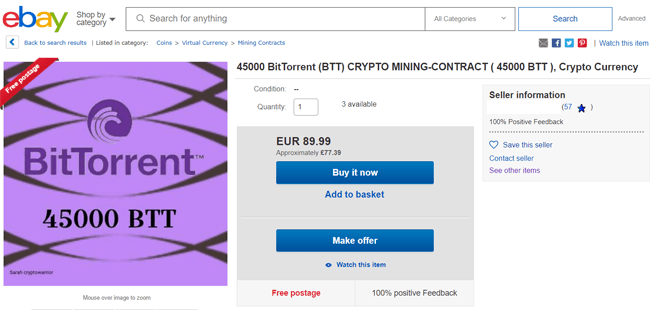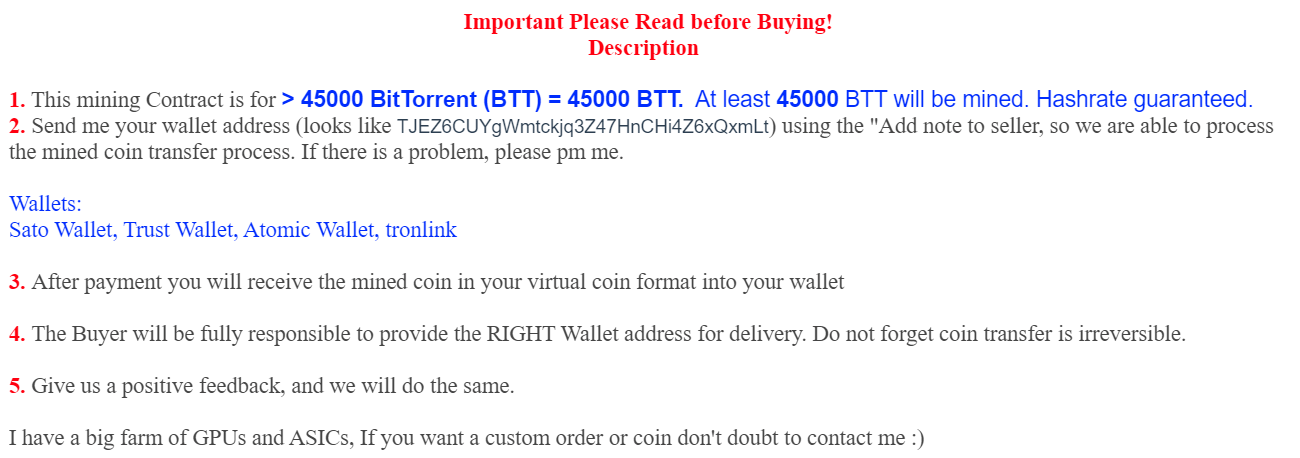Funding a Pirate Business’s Lawsuit is Mostly Unpopular With Pirates
jeudi 26 décembre 2019 à 05:25 For as long as there have been torrent sites, streaming platforms, ‘pirate’ apps, download sites, services, and any variation thereof, there have been lawsuits attempting to hinder, paralyze, or shut them down.
For as long as there have been torrent sites, streaming platforms, ‘pirate’ apps, download sites, services, and any variation thereof, there have been lawsuits attempting to hinder, paralyze, or shut them down.
It’s hardly breaking news to state that defending such legal action can be a punishing affair, not just emotionally but financially too. Usually brought by powerful entertainment companies and broadcasters, anyone tackling the above needs not only a steely disposition but also the deepest of deep pockets.
As a result, people facing lawsuits for operating such platforms have regularly run fundraisers, invariably claiming that they need huge sums of money to battle what are frequently depicted as marauding copyright bullies intent on destroying the free Internet.
While in some cases that might be at least partially true, many rely on the same language as their aggressors in an effort to rally the masses to part with their cash. In some cases people have a reasonable argument. In others they do not.
Nevertheless, these situations are always interesting, particularly when one factors in the response from the public.
Platforms that have always provided a free service, for example, are often considered more worthy of a donation when it comes to fighting ‘Goliath’. The same can be said of those who operated in a perceived gray area, such as unblocking platforms that have never offered any copyright works, or dual-use open-source projects.
Indeed, one rarely needs to be in receipt of a law degree to assess a platform and decide whether the litigation at hand is warranted or a true case of bullying that warrants a bit of moral and financial support. Equally, spotting the most ridiculous of ’causes’ shouldn’t be hard for anyone.
For example, take the matter of iStreamItAll that is currently trying to raise $10,000 via a GoFundMe campaign to battle Hollywood and the US Government.
“We need all the help we can to fight Hollywood, and the federal charges brought upon one of the owners Darryl Polo. Any help would be appreciated and will go towards our legal defense,” it reads.
Ignoring the not insignificant fact that the defendants have already pleaded guilty, $10,000 won’t go anywhere in a case like this. It would take perhaps several hundred thousand dollars to fight in any meaningful way but it would be money down the drain – people do not easily win cases like this in the US. That’s why there are others that are aiming higher – a lot higher.
A couple of months ago we reported on the case of Boom Media, a full-blown pirate IPTV reselling business that is now being sued by DISH Networks in the United States. Boom Media is asking for $250,000 in donations to get things started in what is being portrayed as a battle to prevent DISH getting its hands on subscriber data.
If the broadcaster does get what it wants (and to be fair this seems likely) that could mean subscribers to the service receiving demands for cash settlements. This, of course, is somewhat akin to copyright-trolling, with low-level users being pursued for thousands of dollars to make supposed lawsuits go away.
That’s why the response to this plea for donations was of particular interest. Even when scouring the usual ‘pirate’ haunts, discussions, forums and chats, finding a supporting voice for the fundraiser is particularly hard.
The general consensus seems to be that this was a business that has never shared a single penny of its profits with its users yet is now asking for donations to fight off a lawsuit on the basis that doing so will prevent subscribers’ details ending up on the desks of DISH lawyers. The irony, particularly when viewed in the light of copyright trolls’ actions in general, is not difficult to spot.
Companies like Boom Media knew very well what they were doing. They knew the consequences of running a pirate IPTV service or selling access to one. Lawsuits like this one should’ve been expected, prepared for, with litigation costs factored in as a cost of doing business. You know, like regular properly-run businesses do every day.
That the costs of keeping user data safe should now fall to the users of those services, some of whom will have had no idea that Boom wasn’t legitimate, is as offensive to users as the copyright holders complaining about their activities. But for other users, who knew they were buying into a cheap “black market” service (Boom’s own words), there should be zero surprises that this was a potential outcome.
Paying the company’s legal fees, which will then get swallowed up by lawyers in a case that cannot be reasonably won, is the choice of the donor. But the fact is that these fundraisers rarely raise any notable funds and in every case – every case – donors get absolutely nothing back, not even a free subscription in the million to once chance the service reappears offering the same thing.
This isn’t really about fighting for freedom, for the Internet, or helping David beat an evil Goliath, it’s about supporting people who knew from the start that what they were doing was illegal and now want yet more money to bail them out of a hole. And from the dozens of posts we’ve read on the topic, pirates everywhere know that and do not appreciate it.
All pirates have their causes, from the lowly “media is too expensive” to the militant “sticking it to the man”. But funding a for-profit ‘pirate’ LLC’s fight against a for-profit broadcaster which is also an LLC is clearly not on most pirates’ agendas.
Funny that….
Source: TF, for the latest info on copyright, file-sharing, torrent sites and more. We also have VPN reviews, discounts, offers and coupons.
 It’s December 25, 2019, so Happy Christmas, Happy Holidays, and all the best to everyone from us here at TorrentFreak, wherever you may be and whatever you may be celebrating.
It’s December 25, 2019, so Happy Christmas, Happy Holidays, and all the best to everyone from us here at TorrentFreak, wherever you may be and whatever you may be celebrating.


 Piracy settlement letters have become a serious threat in countries all round the world.
Piracy settlement letters have become a serious threat in countries all round the world. At the end of the year, movie industry insiders traditionally receive the screener copies that are used to vote on the Oscars and other awards.
At the end of the year, movie industry insiders traditionally receive the screener copies that are used to vote on the Oscars and other awards.
